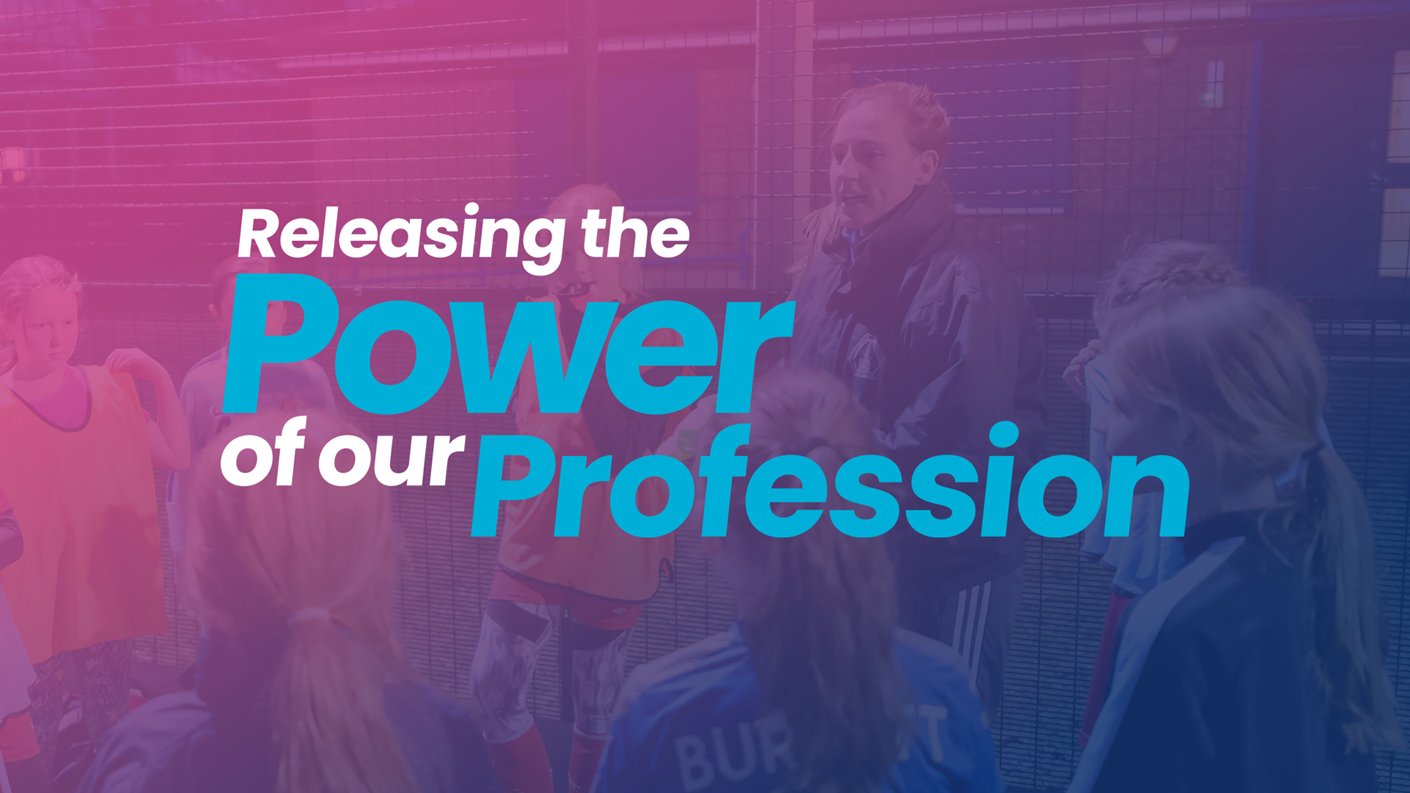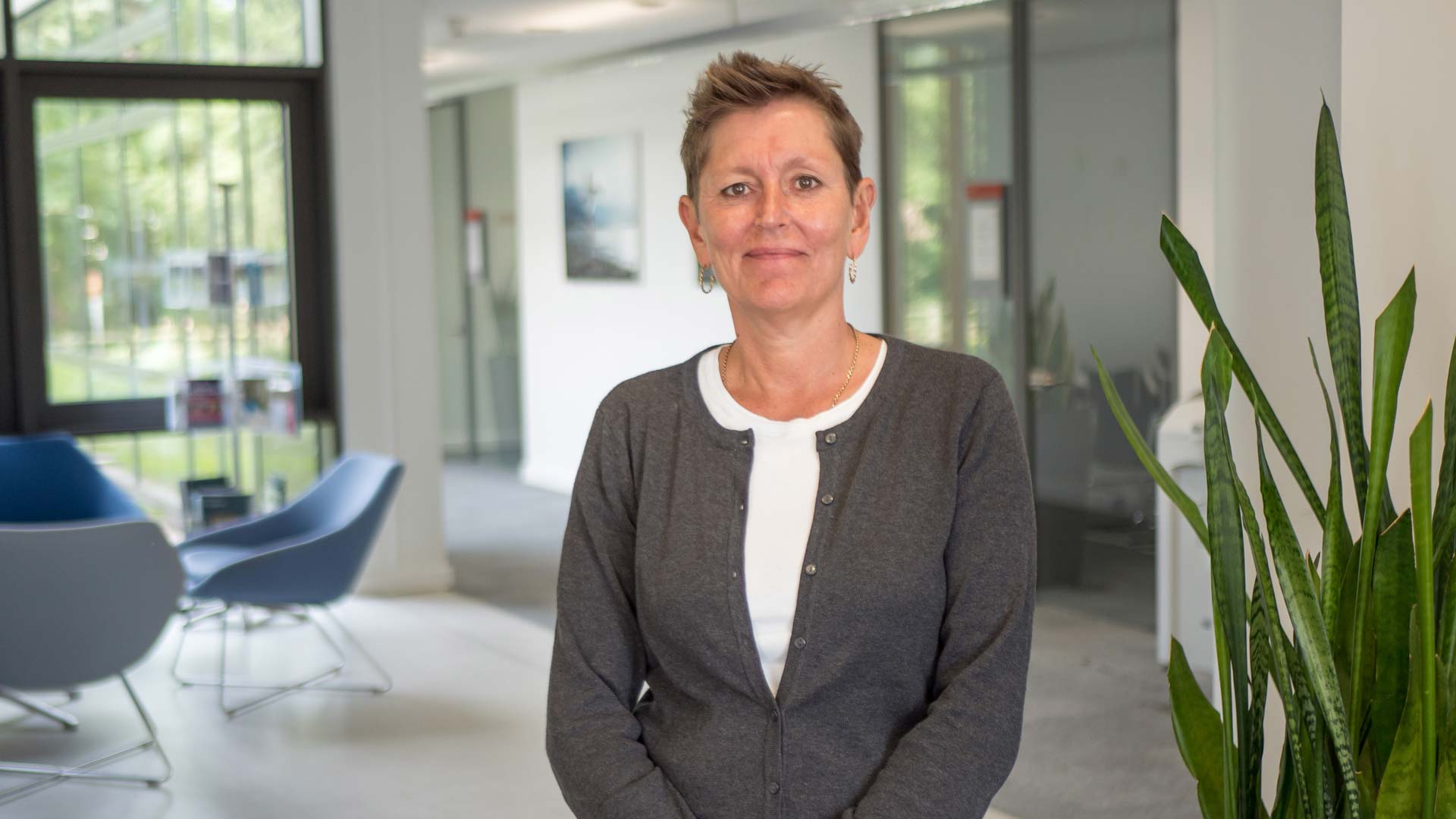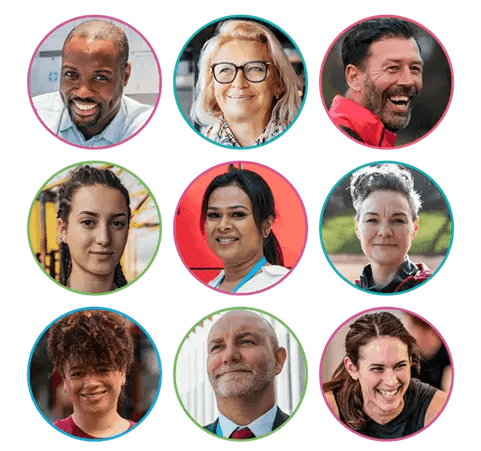As I recently discussed in Health Club Management’s (HCM) debate on the ‘Pivot to Wellbeing’, within the sector there are many operators and local authorities already working incredibly closely with health professionals. The reason why we’re not seeing the fantastic results of that at scale, is that policymakers aren’t keeping pace with changes in society. This means that they are very slow to recognise how investment in our sector could solve a huge amount of the difficulties that they face in relation to health service resourcing.
And when I talk about investment, I don’t just mean financial. Yes, with money we could do more, but the investment needs to be much deeper than that. It needs to be a sustainable understanding and championing of the power of our profession across administrations and departments.
There is already a strong evidence base that shows the impact that our sector is having in the prevention of long-term health conditions, reducing avoidable GP visits, appointment and treatment waiting time and much more. Partnerships that have been established between our sector and health care show that health sector professionals value the positive contribution that we make through the unique skill set and expertise that sport and physical activity professionals have.
We need to translate the positive impact of this collaboration on a local level, where there is that understanding of the expertise and specialist provision that our workforce brings, to ensure that it is recognised by those who are making strategic decisions on a national basis.
Along with our partners on the National Sector Partners Group, I’m regularly pushing hard for that recognition and investment with the current government, opposition politicians and policy influencers, not just those that operate in the sport and physical activity world, but those who are focused on health, skills, economics, communities and more. That, in itself, is a huge part of the problem. Policy is being made and delivered largely in silos, but that’s a subject for a different blog…
We are working hard at policy level but that’s not enough. We are winning some hearts and minds by showing the impact that our sector is having but with the constant distractions and volatility in policymakers’ worlds, we have to drive efforts elsewhere while we chip away and wait for the policy tanker to pivot its understanding.
Which brings us to the CIMSPA Strategy, Releasing the Power of Our Profession. At the foundation of the strategy is Professional Recognition. That recognition has two facets which are both integral for the collaborative work that our sector professionals are doing to impact the nation’s health and wellbeing.
- Collective Professional Recognition is helping other professions in allied industries, such as the healthcare sector, to understand how the sport and physical activity profession is bringing crucial expertise and skills to work alongside them.
- Individual Professional Recognition is ensuring that professionals in our sector can have their status, experience, expertise and skills understood within the sector and when offering their services and/or working with professionals in other sectors.
As individuals and as a collective, we can demonstrate our professional status and experience to the ‘traditional’ health and wellbeing professions. Professional Recognition enables us to amplify our impact on those professions, enabling them to also become even greater champions of the impact that our sector has for patients and communities.
Doing this will help to drive forward understanding and wider acknowledgement across the population of the vital work that we are doing to deliver better health and wellbeing through work to support prevention and management of chronic conditions, mental health, rehabilitation and recovery, and community engagement. The more people that understand this, and more importantly can shout about it, the better chance we have of pivoting that policy tanker just that little bit quicker.
Everyone can play a part in this. When you’re talking to people outside of the sector about what you do, stop saying things like, “Oh, I’m just a PT” or “I coach people” or “I manage a leisure facility”. You do so much more. Talk about what you do and the impact it has on people’s health, try, “I save the NHS thousands of pounds by stopping people developing conditions like diabetes.” To help, we’ve created an explainer to help people outside of our sector understand our impact on health and wellbeing.
At CIMSPA, through the six system interventions outlined in Releasing the Power of Our Profession, we have Professional Recognition and health and wellbeing at the heart of everything that we are doing.
For example, the Training Academy for Sport and Physical Activity, and our ongoing work with employers and education providers to shape a learning and development ecosystem that recognises high-quality provision. This will enable more professionals to develop their careers and hone their expertise to deliver more support on wellbeing, prevention, rehabilitation and recovery. It will also help those in allied professions to more easily understand the value of the training, development, credentials and qualifications that sport and physical activity professionals have.
Alongside this, through our local skills project, we are working collaboratively with local health commissioners to ensure that the skills being developed on a city, county and regional level are aligned with local health strategies.
But I know that one of our biggest jobs is continuing to keep reinforcing the impact that our sector does and can have.
So, when I get those invitations to speak about the pivot, I take them on. But I refuse to talk about what we need to do to pivot. What I do is share the brilliant examples of work across our sector.
- Like the work that Active Suffolk have led on falls prevention, not only reducing injuries and the associated treatment costs, but also helping the participants to feel more confident about going about their daily lives, helping them to be physically and mentally better health-wise.
- Or the work led by GM Active on cancer prehab, which is ensuring that patients preparing to undergo treatment are physically stronger leading to better and quicker recovery and saving NHS bed-days.
- Or in Essex where Occupational Therapists working in a leisure centre have delivered programmes that have had huge benefits working with members of the community who are experiencing long-term health conditions and have disabilities. The project has been peer reviewed and has delivered £58 of benefit for every £1 spent to deliver the programmes.
In all of these examples, and the hundreds of others that are out there across communities, are professionals from the sport and physical activity sector who are helping people to lead happier, healthier lives and at the same time reducing the time and cost burden on the NHS. That’s the power of our profession, the more people beyond our sector recognise that, the more of that power we can release.



